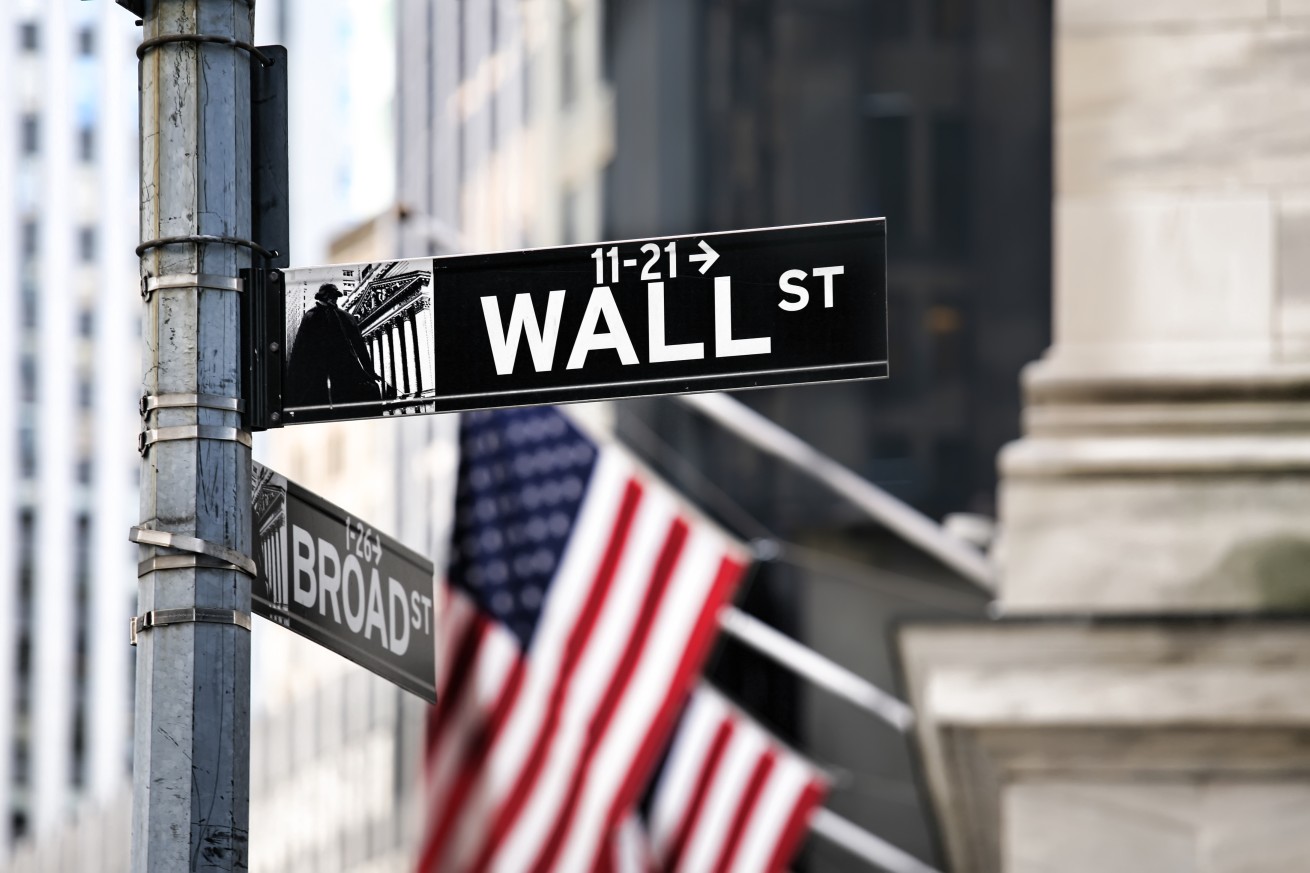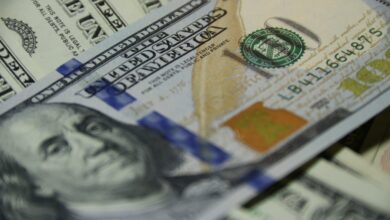It’s been a brutal month for the stock market, with the Dow Jones Industrial Average plunging more than 250 points on Thursday. But what caused this sudden sell-off, and how does it affect investors?
Market analysts from Wall Street to Main Street generally agree that no one specific cause of what has been called a “weird day.” The plunge in stocks seems primarily related to worries about China and its continued trade tensions with the United States. A confluence of broader economic factors, including rising interest rates and poor consumer spending, also contributed to the marketplace wobbles.
“The market had upside and downside risks,” says Joe Quinlan, chief market strategist at U.S. Trust, a wealth management firm based in Boston. “The bright side is that stocks did not tank.”
The Dow Jones Industrial Average plunged 1,122 points Thursday, closing at 22,919, its largest-ever single-day decline and its worst point drop since the 2008 financial crisis. ON WEDNESDAY, the S&P 500 also suffered its most significant single-day loss in history; it closed almost 690 points lower that day. It comes just four trading days after the Dow closed above 25,000 and three weeks after a record close above 27,000.
The Dow is currently down 5.4 percent for April, which would be its worst month since January 2016. The S&P 500 is also down 4.9 percent for the month, its worst since January 2016.
A range of market strategists told CNBC that investors should expect some turbulence in the coming weeks and months, with corrections possible in stocks and other assets, including bonds, oil, and even gold. But many also suspect this week’s gyrations are an indication that the bull market will continue for some time to come, as we saw after both the 1987 stock market crash and Black Monday in 1987 itself.
“This market is not broken,” says Quinlan. “Now, for investors and businesses, you have to look at the volatility going forward.”
The S&P 500 and Dow have declined more than 10 percent from record highs, indicating that the market is in correction territory. He notes that stocks will likely recover in the coming weeks and sees no need for panic or fear. He suggests that companies are happy to keep investing as long as they make money. After all, there still is a lot of liquidity in the system following corporate tax cuts passed by Republicans last year. “In the face of corporate tax cuts, businesses have a lot of money,” says Quinlan.
Factors contributing to this week’s market turmoil:
- Bitcoin
The cryptocurrency has seen an enormous spike in interest on last year’s bull run. However, bitcoin saw a significant decline earlier this week after reports that it was being banned in places like China and South Korea. The digital currency was trading Thursday at roughly $8,500, down from more than $19,000 at its peak last December. Some are warning investors that countries like China may crackdown on bitcoin mining, which is how cryptocurrencies are created, due to fears it could be used for money laundering or even technology theft by foreign governments.
- Interest rates
Rising interest rates have also rocked markets this week, contributing to the sell-off. Economists say rising rates will likely make borrowing and investing more expensive, which could deter consumers from spending and businesses from investing in new plants and equipment. The President’s tariffs on imported steel and aluminum could also fuel the fire as stocks hit retaliatory tariffs at home and abroad. So what’s next for investors? Many of them already know: it looks pretty bleak for the economy in 2019, according to many economists surveyed by CNBC.
Investors continue to worry that a trade war between the United States and China will result in higher costs for manufacturers, spreading pain throughout the supply chain of many multinational companies. It is particularly true in manufacturing-heavy states like Wisconsin and Indiana, which could play a role as the President tries to find a winning issue ahead of 2020.
Other factors that could affect stocks in the coming weeks include an upcoming meeting between The President and North Korean leader Kim Jong Un, a détente with Russia, and new tariffs on imports from Mexico. The week’s drama seems likely to play out on Wall Street and global markets.
One thing’s for sure: The market’s jitters this week point to more volatility ahead. Though financial markets have shrugged off the concerns about trade and China, many U.S. policymakers are urging Washington to take steps to calm the situation.
“The market is certainly acting as if some uncertainty exists, but in reality, all the unknowns are known,” says Michael Arone, chief investment strategist at State Street Global Advisors.
Some investors have also grown anxious about ultra-low borrowing costs that have helped lift stocks higher in recent months despite ongoing concerns about inflation and interest rates. If interest rates begin rising faster than expected, expectations of a correction will grow stronger, says Aronie.






